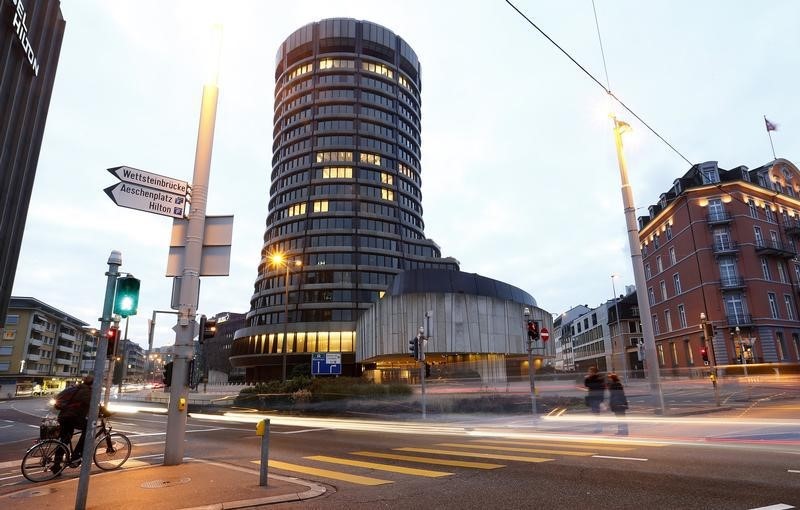By Huw Jones
LONDON (Reuters) - Global regulators warned on Wednesday of shortcomings in efforts to ensure that clearing houses can recover from a crisis without a meltdown in the financial system or a taxpayer bailout.
A number of gaps have been identified at clearing houses which warrant immediate high priority action, the regulators said, adding that gaps in compliance with rules for preventing them from becoming too-big-to-fail must be plugged by December.
Following the financial crisis regulators required trillions of dollars of derivatives like interest rate and credit default swaps to go through clearing to boost safety and transparency.
This has led to a sharp growth in volumes passing through a clearing house, a third party that ensures a trade is completed, even if one side of the transaction goes bust.
"One area was recovery planning, where a number of clearing houses had not yet put in place the full set of recovery rules and procedures," IOSCO and CPMI said.
A number of clearers had also not put in place policies to ensure they maintain the required level of financial resources, such as cash and collateral, on an on-going basis.
The updates were written by IOSCO, a global body of securities regulators, the Financial Stability Board, the Committee on Payments and Market Infrastructures (CPMI) - part of the Bank for International Settlements - and the global Basel Committee of banking supervisors.
Clearing houses should "promptly" identify any areas where changes are necessary and implement them by no later than the end of 2017, the regulators said.
They also named for the first time the clearing houses which they deem to be "systemically important" in more than one country, and must each come under their own "crisis management group" of supervisors.
These groups, founded on co-operation agreements signed by regulators, would monitor the clearing house in a crisis.
BME Clearing in Spain, Cassa in Italy, CME in the United States, Eurex Clearing in Germany, EuroCCP in the Netherlands, HKFE Clearing in Hong Kong, ICE Clear units in Britain and the United States, LCH units in France and Britain, Nasdaq Clearing in Sweden, and SIX x-clear in Switzerland were all named as systemic.
The regulators noted how the sector has become concentrated, with the biggest two, unamed, clearing houses accounting for about a third of all financial resources in the sector.
